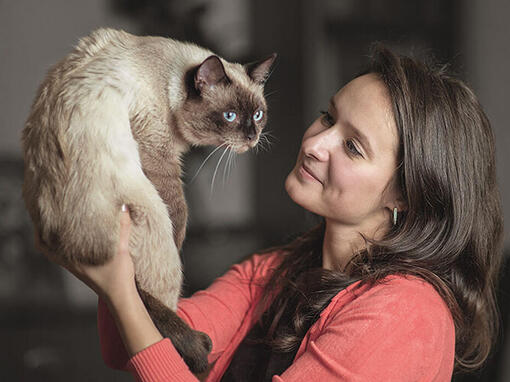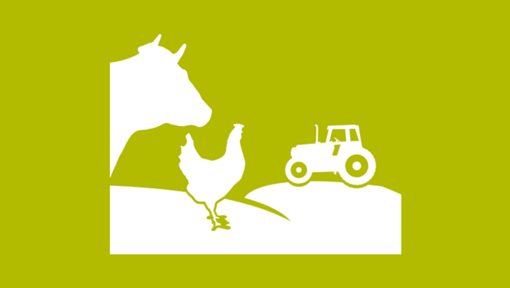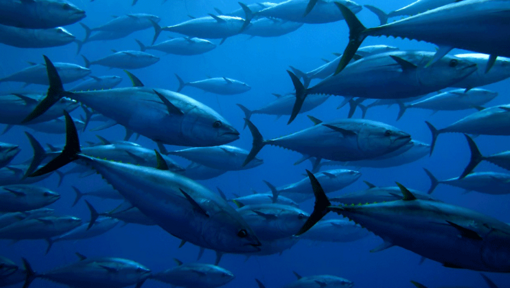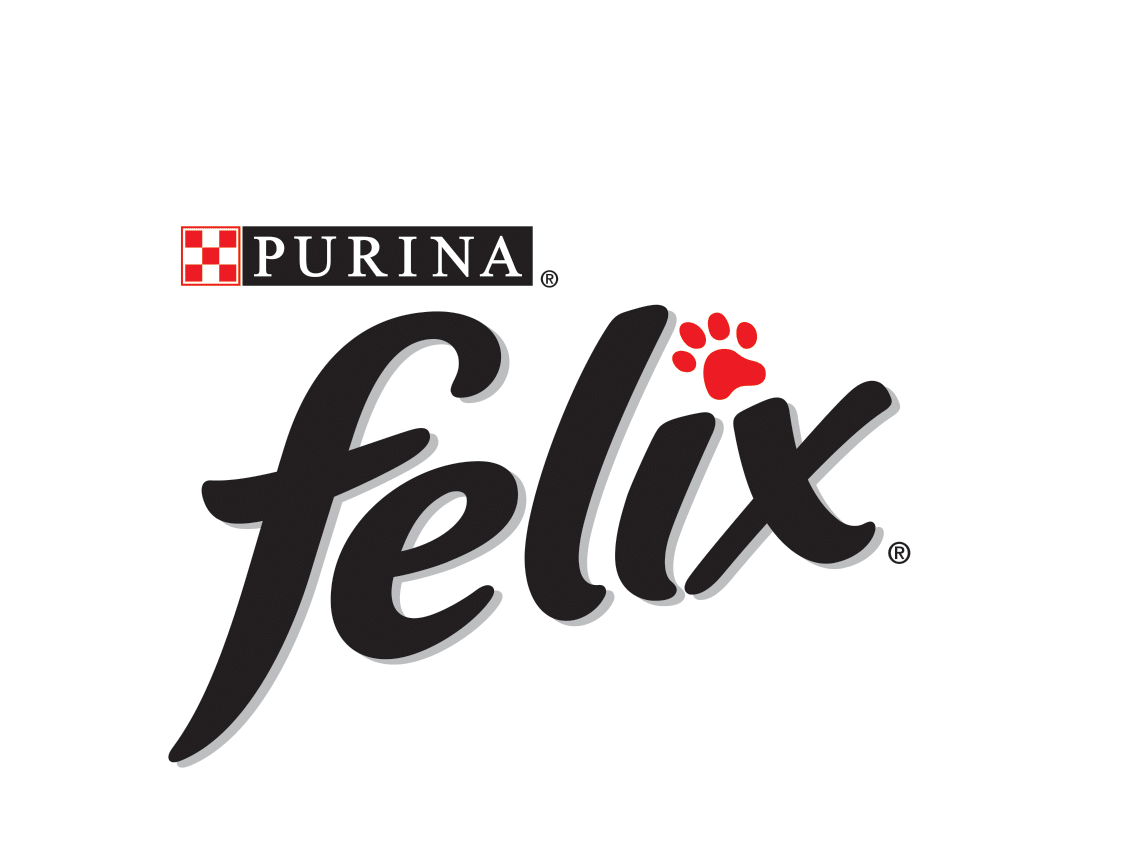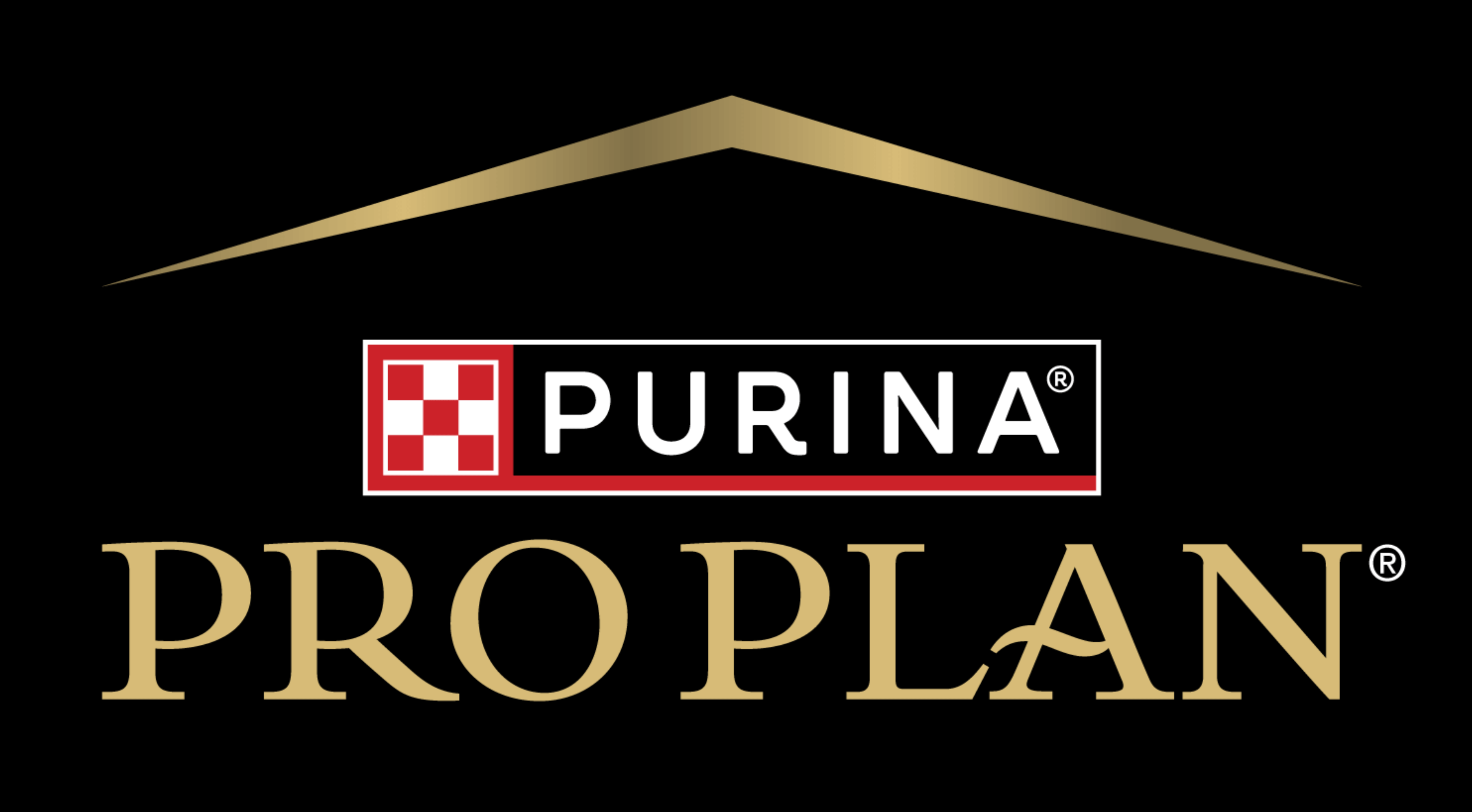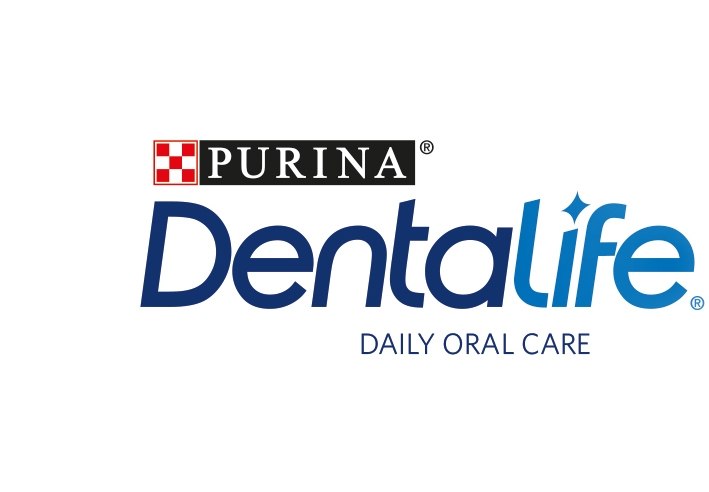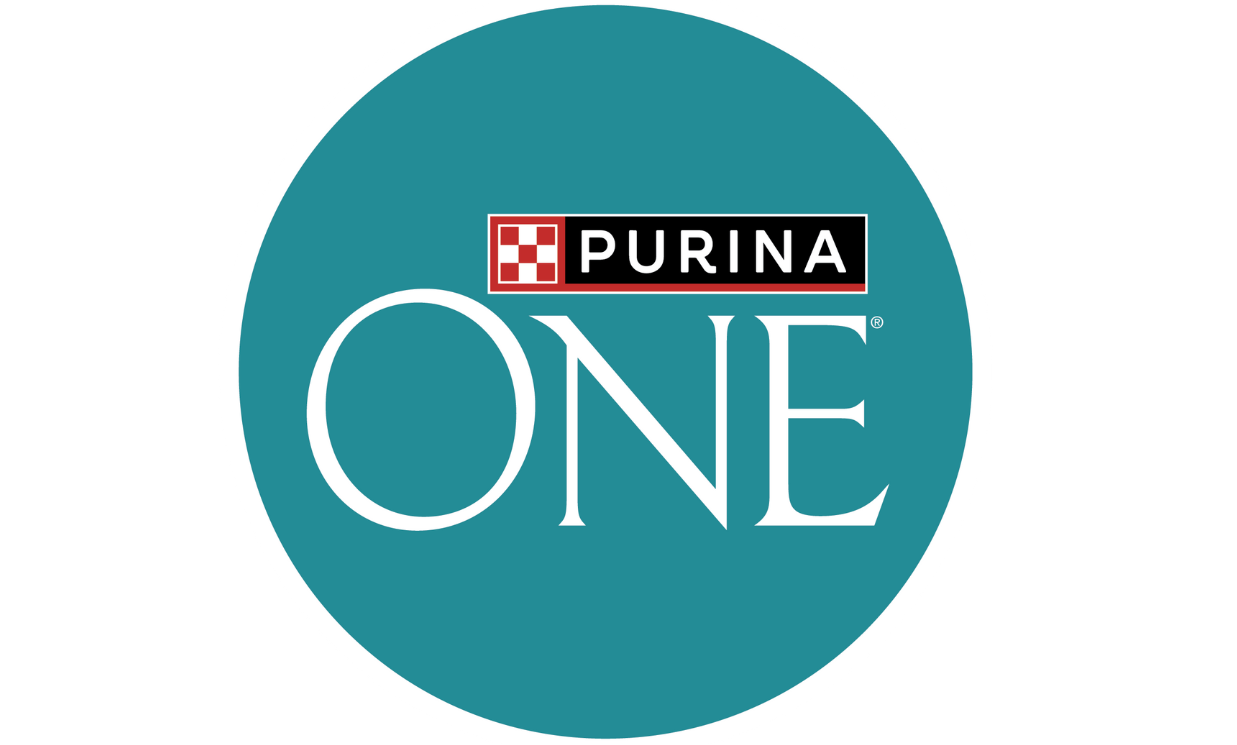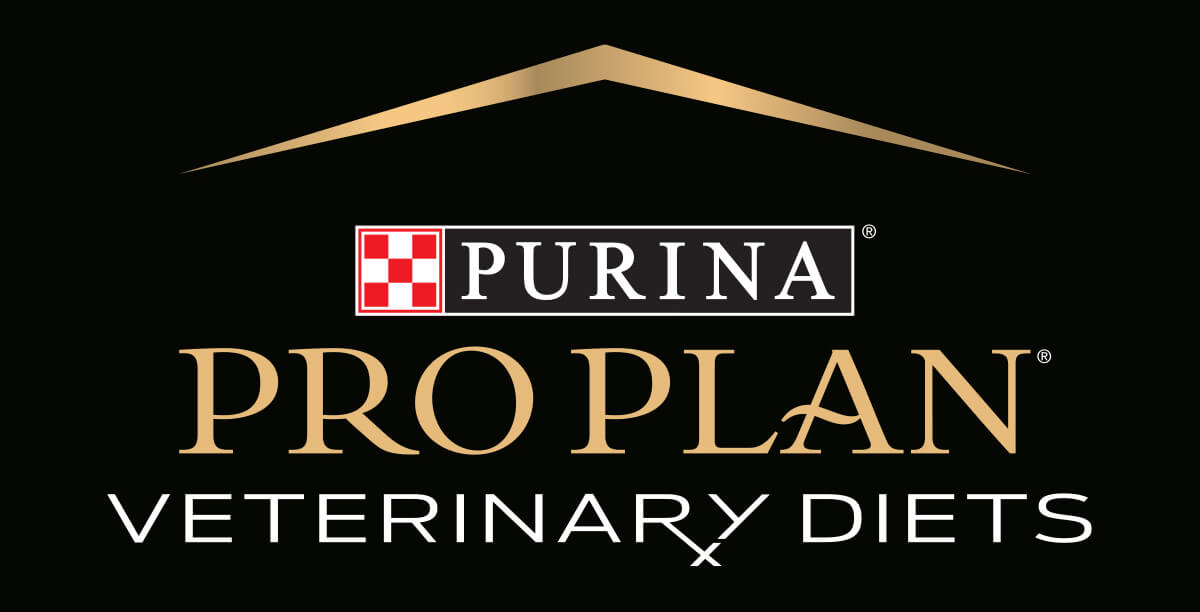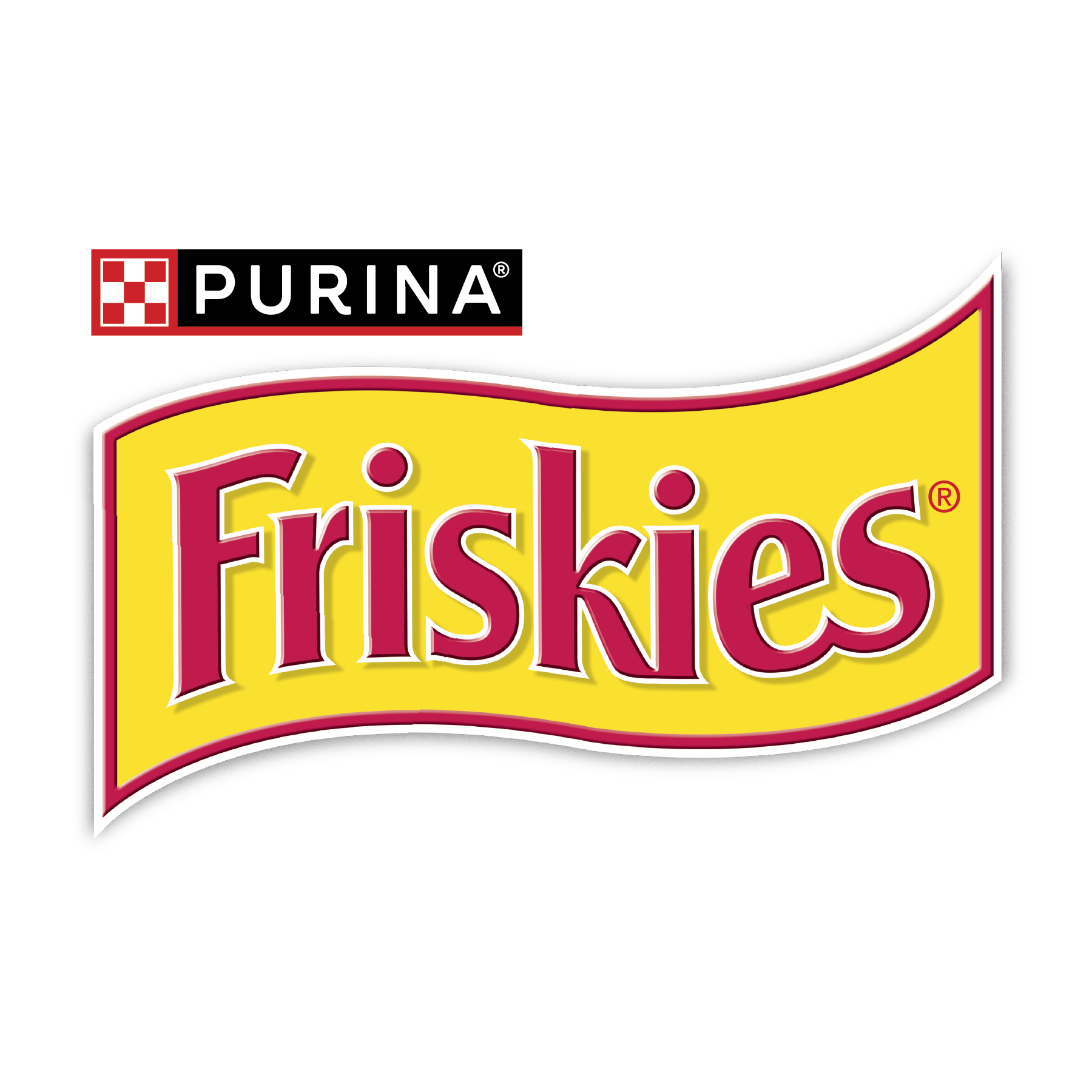
Implement responsible sourcing.
We understand that you care about where our ingredients come from, which is why we're committed to creating sustainable and responsibly sourced pet food.
By 2022: 100% of seafood ingredients to be responsibly sourced
In 2020: 76% of our seafood ingredients were responsibly sourced and 99% of our soya was responsibly sourced and traceable. We are passionate about achieving the goal of having 100% of our seafood responsibly sourced, so we are extending our commitment to 2022, where were are confident we can achieve our target. Although we have made great progress, it is still challenging to source all of our fish responsibly. Due to the COVID situation in 2020, country lock-downs and the fact that vessels often remained in port due to lack of fishermen all led to diminished availability of some fish and responsibly sourced fish species. Our percentage of responsibly sourced seafood ingredients, according to the Nestlé definition, is assessed by the Sustainable Fisheries Partnership.
In 2019: 53% of our seafood ingredients were responsibly sourced *according to the Nestlé Responsible Sourcing Guidelines.
Our point of view
Whether it’s a pet owner, supermarket or vet, everyone wants to know where our ingredients come from and any environmental impacts that their sourcing may have had. Likewise, they want to know what sourcing policies we are putting in place.
At Purina, our approach to responsible sourcing is constantly developing. We’re committed to ensuring our suppliers produce high-quality raw materials and have made it our mission to create responsibly sourced and sustainable pet food. We are already working with our suppliers on the importance of having good traceability and engaging our suppliers with third-party partners to evaluate our full supply chain. For example, we work with organisations such as Proforest and Sustainable Fisheries Partnership to determine how responsible our practices are. This work puts us at the forefront of what Nestlé is doing, as a whole, in responsible sourcing.
On a regular basis, we are not only working with our partner organisations, but our team often meets suppliers and buyers as well as visit production sites. This gives us a good understanding of how our suppliers operate. While it can be difficult to get out to all our suppliers, as some of our products have a very complex supply chain, we have put in place initiatives such as regular farm assessments to make sure that our supply chain, back to farm level, supports our responsible sourcing program.
Purina’s responsible sourcing record is important. That’s why we have established long-term sourcing strategies for the materials in our products, allowing us to create a sustainable pet food that our consumers and stakeholders can trust.
In the last eighteen months, we have completed over 300 farm assessments.
Purina Experts
Building on Nestlé CSV
Just as we are committed to improving the lives of pets and the people who love them, our parent company Nestlé is committed to enhancing the quality of life and contributing to a healthier future for individuals and families, our communities, and the planet.
Supporting the EASTI Fishery Improvement Project towards a certified sustainable tuna catch
At Purina, we’re focused on offering pet food products made with responsibly sourced ingredients. Therefore, we are constantly improving our processes to ensure our ingredients are responsibly sourced, from soya, to salmon to meat, and with suppliers required to comply with the Nestlé Responsible Sourcing Standard.
This helps us to know where our ingredients come from and how they are produced, and to address environmental and social issues such as deforestation, human rights, and animal welfare. Through responsible sourcing practices, we can have a positive impact on the communities within which we operate.
We know that increasing the volume of certified sustainable tuna is important for the tuna sector - as evident in the Marine Stewardship Council (MSC) Sustainable Tuna Handbook, which states that nearly 25 percent of the global tuna catch is MSC certified (50 certified fisheries).
